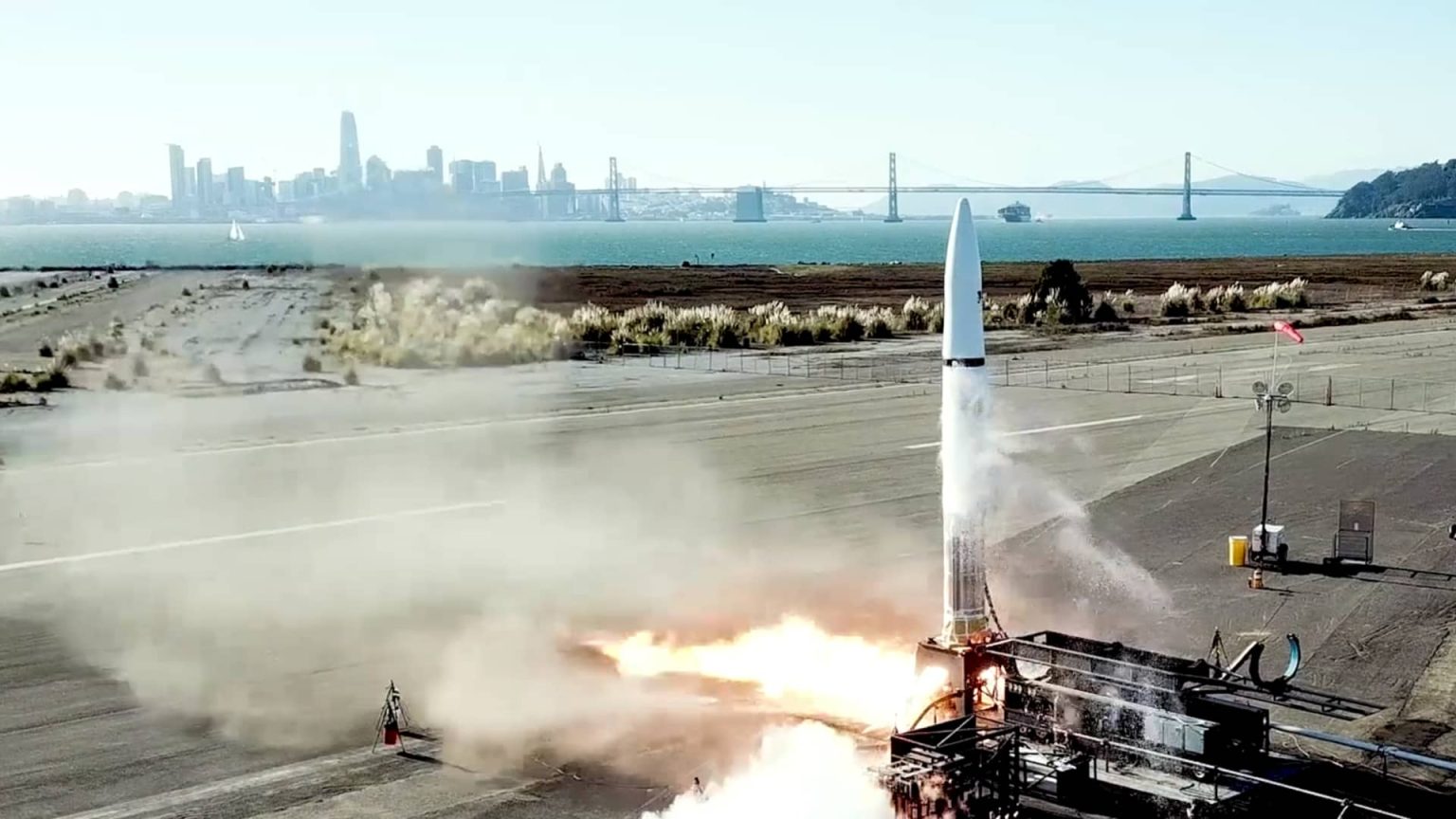The founders of struggling space company Astra have offered to take the company private at a value of about $30 million, according to a securities filing Thursday.
Chris Kemp, chairman and CEO, and Adam London, chief technology officer, delivered a proposal to the Astra board of directors Wednesday to acquire all the company’s outstanding stock at $1.50 a share.
That price is a 103% premium to Wednesday’s closing price of 74 cents a share, which represents a market value of about $16 million.
“We believe that Astra’s strategic objectives and business prospects will be best served as a private company. Taking the company private while delivering a meaningful premium to current shareholders allows for the best interests of shareholders as well as the Company, its employees and its customers to be met,” Kemp and London wrote in a letter to the board.
The founders anticipate raising $60 million to $65 million in capital to fund the take-private move, given the purchase price as well as transaction expenses and bridge financing. Kemp and London are also “open to certain accredited investor stockholders of the Company rolling their equity into the transaction.”
Sign up here to receive weekly editions of CNBC’s Investing in Space newsletter.
Astra’s rocket-launching business has been on hiatus since a June 2022 mission failure. The company is running out of cash, with its acquired spacecraft propulsion business yet to drive meaningful quarterly revenue. Astra cut 25% of its workforce in early August to shift focus from its rocket development to its spacecraft engine production.
Last month, Astra’s cash reserve slipped below $10.5 million and it defaulted on a debt raise, it disclosed Friday. The company then on Monday raised financing from a pair of investors to pay off that outstanding debt.
Astra went public via a SPAC merger at a $2.6 billion valuation in February 2021. The company aimed to cheaply and rapidly produce small rockets. While Astra reached orbit twice successfully, the company suffered three launch failures after going public.
Don’t miss these stories from CNBC PRO:
Read the full article here





